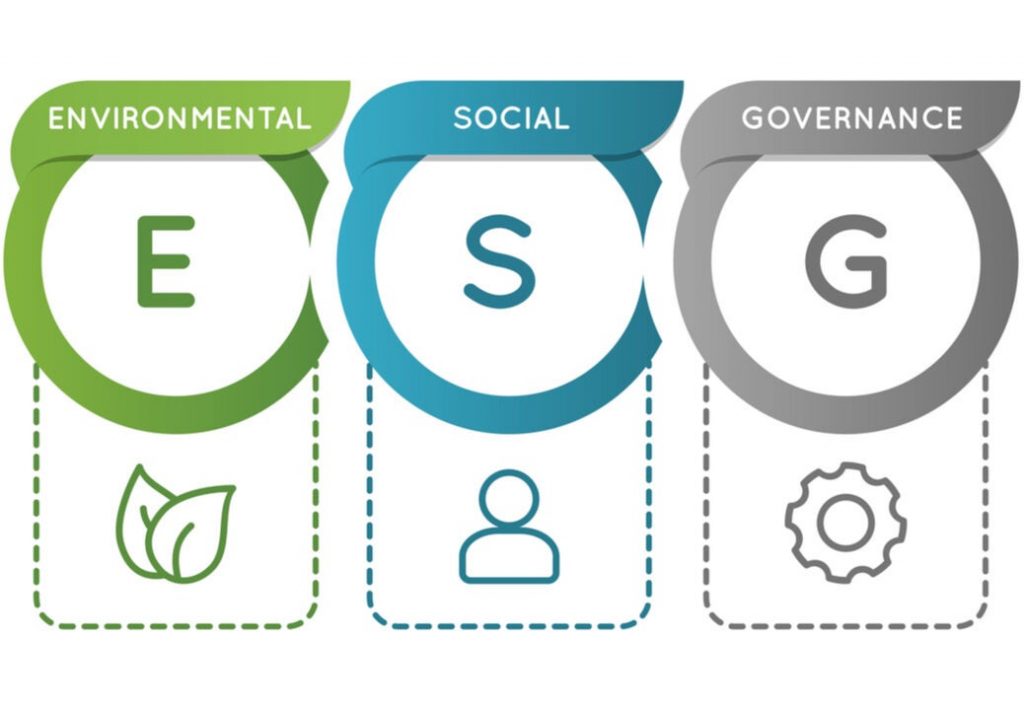Financial markets are recognising the co-relation between investor returns and robust ESG risk management. Multiple studies have established this corelation and the consistent outperformance of ESG Indexes further reinforces the link between ESG risk management and investor returns.
Given this strong correlation, Asset Managers are using ESG data and analytics as for both portfolio identification and management. Asset managers are not only excluding stocks with high ESG risks or poor ESG management but also systematically identifying stocks that monetize ESG opportunities like green energy, healthcare, etc.

The increasing adoption of ESG analytics for portfolio selection has also increased the relevance of ESG data and performance assessment tools. Investors typically receive ESG performance information from ESG data providers, who source information from various company disclosures, including:
Table of Contents
Annual report an Sustainability Report
A number of companies disclose their performance on Environmental and Social issues in a separate sustainability report. These reports not only have a list of initiatives taken by the company but also impact of these initiatives. Companies with high levels of transparency also report targets they have set for themselves and their performance vis-à-vis these targets.
Integrated reports
A growing number of companies are adopting the framework recommended by International Integrated Reporting Council or IIRC. This framework encourages companies to clearly articulate their strategy along with their business model, consider all issues in a wholistic way and report the inter-linkages and trade-offs.

Company website and stock exchange disclosures
Usually governance related disclosures are available in the company website and stock exchange websites. Policy documents of a company, director changes, new initiatives on suppliers and supply chain as well as community development initiatives. As well as should know about ESG data.
Conclusion
Access to high-quality ESG data and analytics is becoming a competitive advantage as more investors link ESG performance to investment success. ESG data providers collate, structure and normalize ESG data and enable ESG analytics. They usually depend on company disclosures for data and enable the companies to review their data before it is used in analytics. With increase in the use of ESG for investment management, more data providers are also using artificial intelligence to source data.




